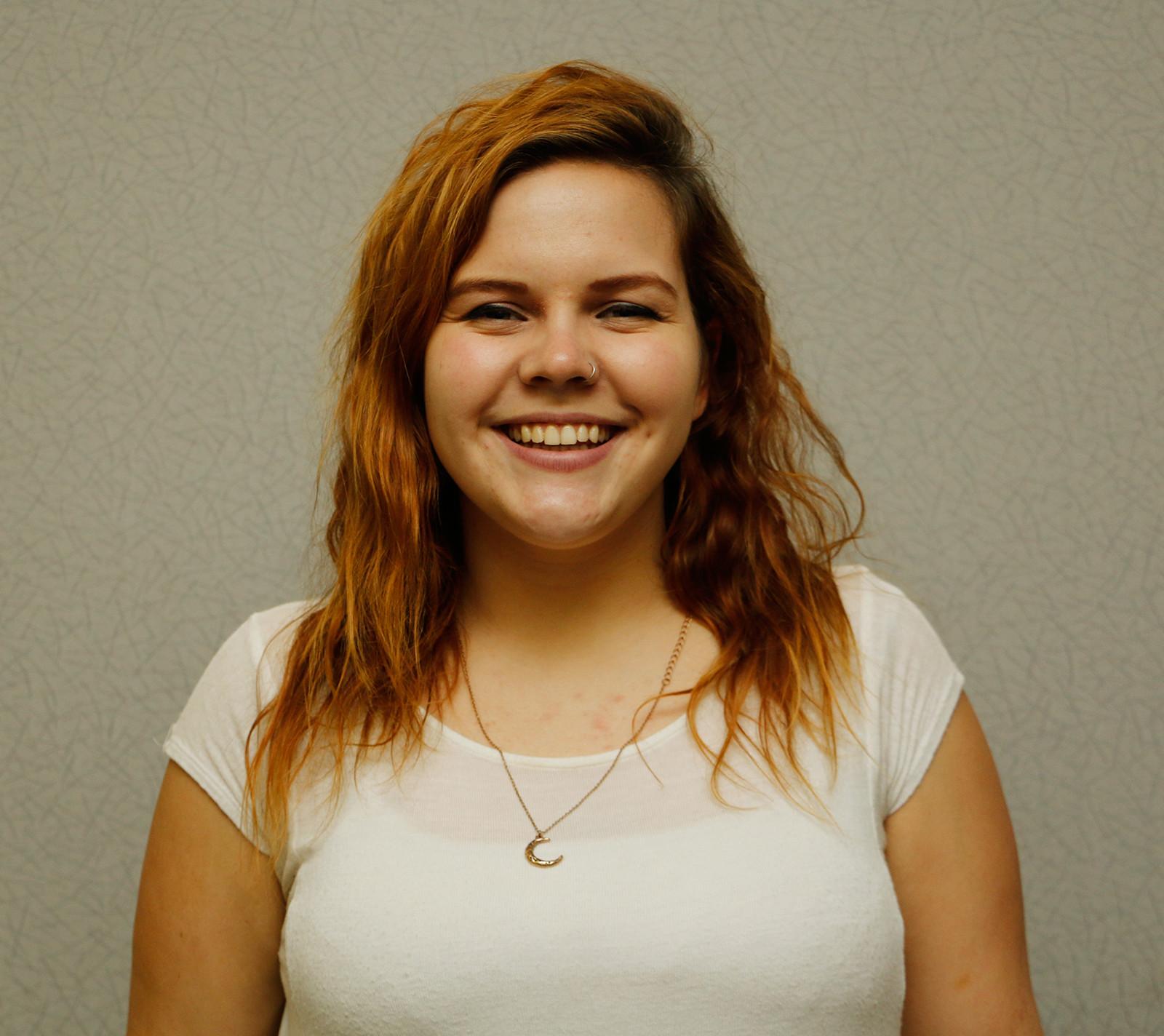Two weeks ago, I sat in my Great Powers and the Eastern Mediterranean class, nodding my head along with the professor’s statements like I was a dance mom at my child’s recital. As my professor went over the movement that led to the creation of the state of Israel, my mind would fill in his pauses with facts before he could get to them, the classroom equivalent of singing before the song actually begins, except this was all in my head and I didn’t embarrass myself in front of a group of strangers.
I’ve been studying Israel for almost two full years now, and I tend to seek out as much information as possible. I really like learning about Israel to the point that I bought a graphic novel on the subject. Both recreationally and academically, I try to study the subject as often as I can. This interest has led to an expanded interest into the entire region of the Middle East and the nuances that created its present-day political climate.
Israel holds a special place in my studies, and that’s why this spring I’m spending four months at the University of Haifa in Israel. Much to my thrill and my parents’ concern, I am going to live in the place I’ve been meticulously studying. I am going to have the ability to witness firsthand the cultural and political climate I’ve written papers about. In this case, seeing really is believing. More importantly, experiencing really is learning.
I could spend the next 500 words, or 5,000 words, dissecting my opinions, my thoughts and my feelings on the current Israeli-Palestinian crisis. I could go around in circles talking about causes and problems and solutions. The truth is, though, that my opinion is basically invalid because I’ve never seen what it’s like in person. I have a perception of what it is like, I have ideas about what happened but I don’t really know because I was not and have never been there. You can’t argue a point if you are missing a huge part of the structure. It does not matter how many books I’ve read. How could I possibly formulate a sound thought on the ongoing issue without visiting the land, and why would I want to publicize that thought?
In my travels, I’m aiming to keep an open mind and inquisitive eyes to help formulate my thoughts on the current situation. I want to work hard to see all viewpoints. At the end of the trip, my opinion might shift entirely. It may remain the same, or I might still be as confused as ever. I have no plan or preference either way. My only goal is to experience Israel personally — all aspects of it, whatever that may entail. For me, the experience matters most because experience is the true basis for learning. However, there are some things I will never understand because I will never know what it is like to be born as an Israeli or as a Palestinian.
This doesn’t just apply to Israel. With every issue, both hot button and minor, it’s easy to read a single tweet or a single article and formulate an opinion. It’s even easier to announce your opinion with the social media equivalent of standing in the town square and shouting your thoughts to intrigued spectators. If you perpetuate the wrong message, you could cause a chain of more uninformed opinions. This ultimately is not your fault, but could lead to a time six months or six years from now when someone finds it and makes fun of you — or worse, fires you. The key to formulating an opinion is searching for truth, finding reliable sources, experiencing something in person, accepting that opinions always change and ultimately understanding that you won’t necessarily be able to grasp something if it hasn’t directly happened to you. You have to mind the experience gap. Empathy is key in trying to understand something, but so is maintaining an acceptance that some things are beyond your reach.
This is not to say you should only have opinions if you take four classes and watch two TED talks and read a book and live a lifetime in someone else’s shoes. No one is capable of being an expert in everything. You can, though, make an effort to learn more and check your facts before you publically declare anything. You can’t be passionate about something you know nothing about.
So I’ll embark on my trip to Israel, excited and probably very naïve. I hope to expand on every little fact I’ve ever learned. I hope to come back with a new perspective. Most importantly, I hope I go and just listen. I’d hate to be the village idiot.
























































































































